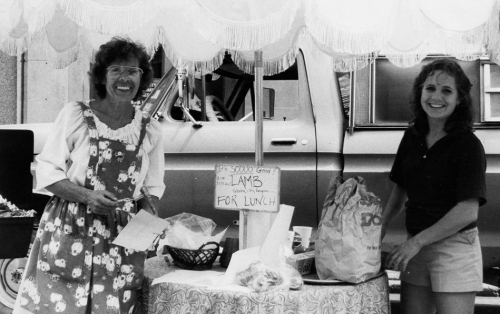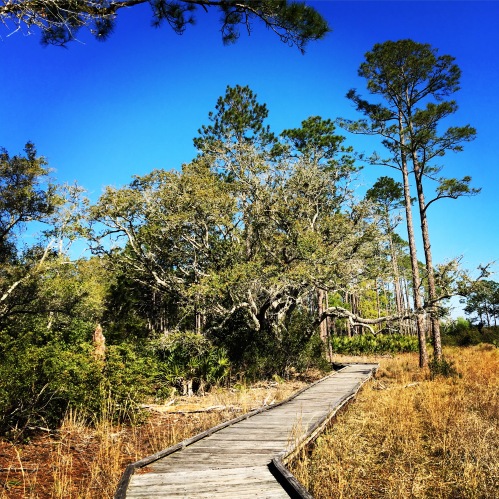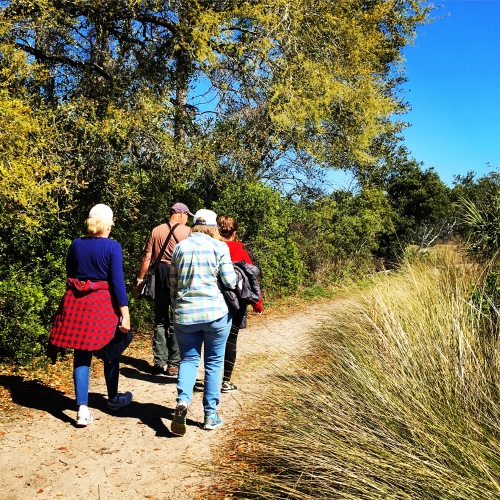
Selling lamb kabobs at the Farmer’s Market with my mother in Western Pennsylvania circa 1983.
“The place I lived as a child, the sharecropper’s farmhouse with its wind-bent mulberry trees and rusted farm machinery has completely vanished. Now there’s nothing but plowed fields for miles in any direction. When I asked around in town no one remembered the family. No way to verify my story. In fact, there’s no evidence that any of what I remember actually happened, or that the people I knew ever existed.
— Louis Jenkin
This summer, at the Community Transition Center where I write weekly with incarcerated women, we are focusing on the theme of “Home,” as in, “coming home to ourselves.” This Friday we wrote poems based on the structure of a beautiful poem titled, “Where I’m From,” by George Ella Lyon, which begins:
“I am from clothespins,
from Clorox and carbon-tetrachloride.
I am from the dirt under the back porch.
(Black, glistening
it tasted like beets.)
I am from the forsythia bush,
the Dutch elm
whose long gone limbs I remember
as if they were my own.”
—excerpt, Where I’m From, by Geroge Ella Lyon
This poem, by the way, has started a movement that you can read more about here. We carried on that movement by writing our own poems as we sat in the circle on Friday morning in a very cold classroom on Catherine Street with eight women. Below is my version of it. (If you want to read their versions, stay tuned for our mini-anthology to be published soon as a fund-raiser to keep supporting our work at the CTC!)
Where I’m From I am from percolators and coffee cups, From Maxwell House and Spic and Span. I am from the farmhouse and the fruit cellar (Dusty, shelves filled with canned peaches, the dirt floor squeaked under our rubber boots.) I am from purple irises, and climbing roses, mock orange blossoms and frothy forsythias, planted long ago around the house, a gift each spring from a stranger. I’m from Cuban bread and homemade apple pie, From Rose and Dolores, Robert and Edith I’m from playing with puns at the table and having an opinion about absolutely everything. From make hay while the sun shines and get off the phone! from you’se not fat you’re fluffy and hoooooooome, sheep! I’m from small-town liberals gathered in a mining town singing For The Beauty of the Earth. I’m from Wyano and West Newton, roasted lamb and homemade spaghetti sauce From the little boy who delivered groceries in his wagon for 25 cents, The girl who read books under her desk, hidden from the nuns. In a stash of vintage slides brought to life relics of another era: Hospitality, beauty, conversation cultivated intentionally, seeds planted that still shape my life.





 We were on the boardwalk, looking over the savannah. We’d just spotted two birds in the tall Florida grasses, just beyond a tree trunk and a clump of bushes. We all paused, trying to identify these two brown, long-tailed birds.
We were on the boardwalk, looking over the savannah. We’d just spotted two birds in the tall Florida grasses, just beyond a tree trunk and a clump of bushes. We all paused, trying to identify these two brown, long-tailed birds.

